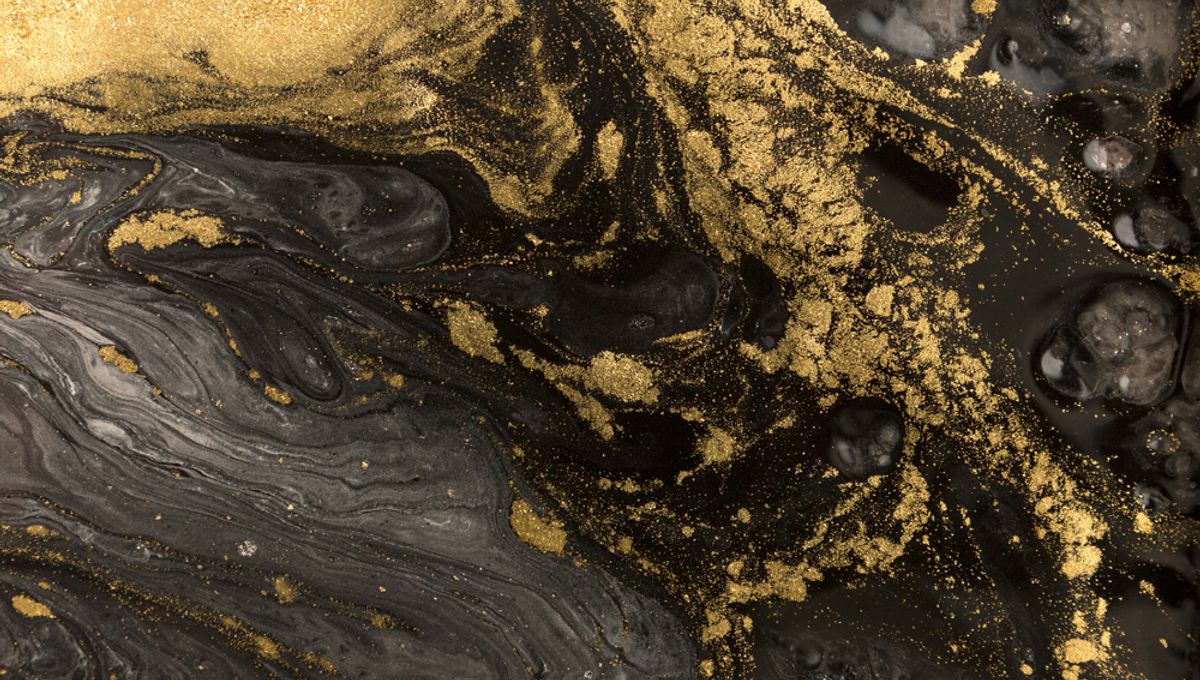
Very few Earthlings are aware that their planet’s oceans hold a significant amount of gold – perhaps upwards of quadrillions of dollars worth, in fact. Unfortunately, if you’re thinking of heading to the beach in a hasty get-rich-quick scheme, you might be in for a challenge.
Scientists have estimated that there’s around one gram of gold dissolved in every 100 million metric tons of seawater in the Atlantic and North Pacific. In other parts of the world, such as the Mediterranean Sea, gold is likely to be at marginally higher concentrations.
That might sound pretty diluted – and it is – but it all adds up. An older estimate by the NOAA said there are approximately 20 million tons of gold in the planet’s seawater.
The price of gold is constantly changing, plus it’s hard to find a concrete value of such a large weight, but one estimate from mid-May 2023 says that 1 ton of gold could be worth over $57,000,000.
Going by that valuation, the gold in the world’s seas would be worth over $1,140,000,000,000,000 today.
That’s $1.14 quadrillion.
It sounds enticing, but getting your hands on the gold will be a bit of an issue. Once again, this quantity is extremely diluted in the vast expanse of the world’s oceans, so even an Olympic swimming pool of seawater would contain a pathetic amount of gold.
Extracting gold from seawater is also a pain, and there’s currently no cost-effective way to mine gold from the ocean to make a profit – although that hasn’t stopped being from trying.
A 1941 study published in the journal Nature described an “electrochemical method” to extract gold from seawater. However, the cost of the process turned out to be five times more expensive than the value of the gold obtained.
In more recent times, a 2018 study in the Journal of the American Chemical Society described a material that acted like a “sponge” to quickly extract trace amounts of gold from seawater, as well as fresh water and even sewage sludge.
It was reportedly able to suck up 934 milligrams of decent-quality gold in just two minutes. Once again, however, scaling this up to a point where it is actually profitable is extremely tricky. For now, the technology is only being developed as a way to recover the trace amounts of gold lost during production.
Another thing to consider is the potential impact on biodiversity and ecosystems. It’s unclear how large-scale extraction of gold from the sea would look, but it’s safe to say it won’t be good news for the marine environment. Deepsea mining for rare metals in the seabed is already a reality and it has the potential to be hugely damaging.
Scouring the world’s seawater for gold is out of reach for humanity as it stands. Until the day it does become a viable option, let’s hope a planet of gold-hunting aliens doesn’t catch wind of Earth’s secret rare metal supplies.
Source Link: Over $1.14 Quadrillion Of Gold Is In Earth's Seawater, But It Won't Make You Rich